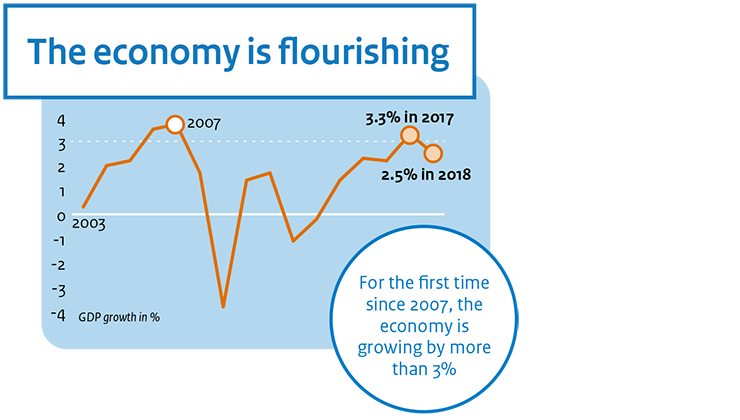Publications
Year
Author
- Egbert Jongen (4)
- Arjan Lejour (3)
- Michiel Bijlsma (3)
- Remco Mocking (3)
- Roel van Elk (3)
- Rudy Douven (3)
- Wiljan van den Berge (3)
- Adam Elbourne (2)
- Ali Palali (2)
- Annemiek Verrips (2)
- Bas Straathof (2)
- Benedikt Vogt (2)
- Frits Bos (2)
- Gerbert Romijn (2)
- Henk-Wim de Boer (2)
- Joep Steegmans (2)
- Johannes Bollen (2)
- Jonneke Bolhaar (2)
- Joris de Wind (2)
- Krista Hoekstra (2)
- Marielle Non (2)
- Ona Ciocyte (2)
- Peter Zwaneveld (2)
- Rinske Windig (2)
- Rob Aalbers (2)
- Albert van der Horst (1)
- Andrei Dubovik (1)
- Anne Marieke Braam (1)
- Annette Zeilstra (1)
- Arne Brouwers (1)
- Bart Voogt (1)
- Bastiaan Overvest (1)
- Bert Smid (1)
- Clemens Kool (1)
- Debby Lanser (1)
- Ed Westerhout (1)
- Emile Cammeraat (1)
- Gabriella Massenz (1)
- Gerard Verweij (1)
- Gerdien Meijerink (1)
- Hugo Rojas-Romagosa (1)
- Ioulia Ossokina (1)
- Jan Boone (1)
- Kan Ji (1)
- Karel Boxhoorn (1)
- Karen van der Wiel (1)
- Katarzyna Grabska (1)
- Laura van Geest (1)
- Leon Bettendorf (1)
- Maarten van 't Riet (1)
- Minke Remmerswaal (1)
- Nicole Bosch (1)
- Paul Besseling (1)
- Paul Verstraten (1)
- Rob Luginbuhl (1)
- Ron van der Heijden (1)
- Sander Hoogendoorn (1)
- Sander van Veldhuizen (1)
- Sijbren Cnossen (1)
- Stefan Groot (1)
- Tatiana Kiseleva (1)
- Thomas van der Pol (1)
- Show all
The effect of geographical distance on online transactions: Evidence from the Netherlands
The rise of online trade alters the role of distance between (potential) buyers and sellers. We use data from eBay subsidiary Marktplaats.nl, one of the largest online trading platforms in the Netherlands, to estimate how distance affects the probability of a transaction between small geographical regions. →
The circular economy of plastics: from raw materials to waste
The circular economy aims to reduce the use of raw materials, promote re-use and recycling and limit waste. This study focuses on the circular economy of plastics and investigates what the major problems are in relation to the use of plastics and to what extent government policy is necessary and effective. →
Forecast September 2017 (MEV 2018)

Assets and liabilities of Dutch non-financial firms
Cost-benefit analysis for flood risk management and water governance in the Netherlands: an overview of one century
The Netherlands is a global reference for flood risk management. This reputation is based on a mix of world-class civil engineering projects and innovative concepts of water governance. For more than a century, cost-benefit analysis has been an important tool for both flood risk management as well as water governance in the Netherlands. It has helped to select the most effective and efficient flood risk projects and to coordinate and reconcile the interests of various policy areas, levels of government and private stakeholders. →